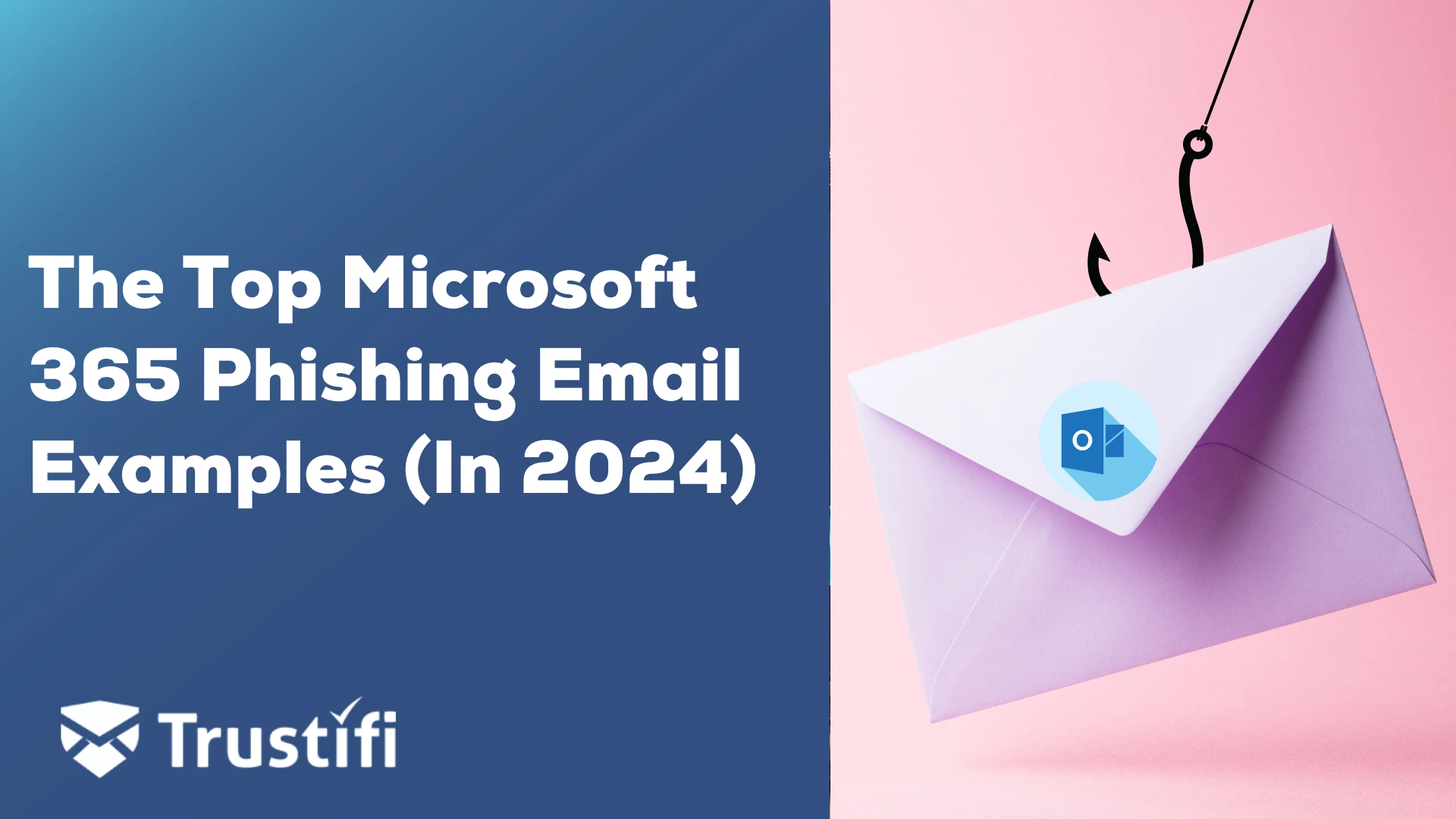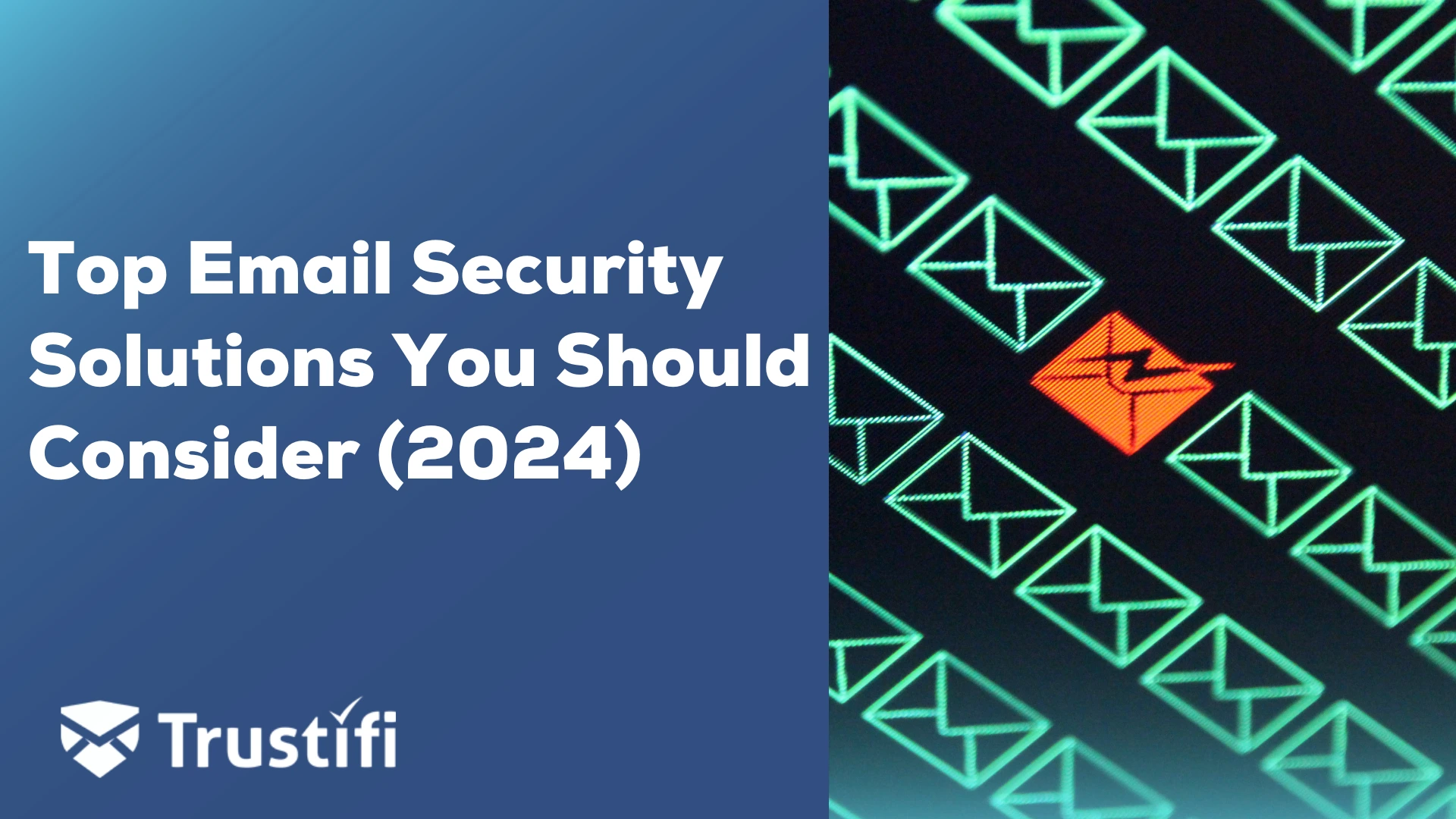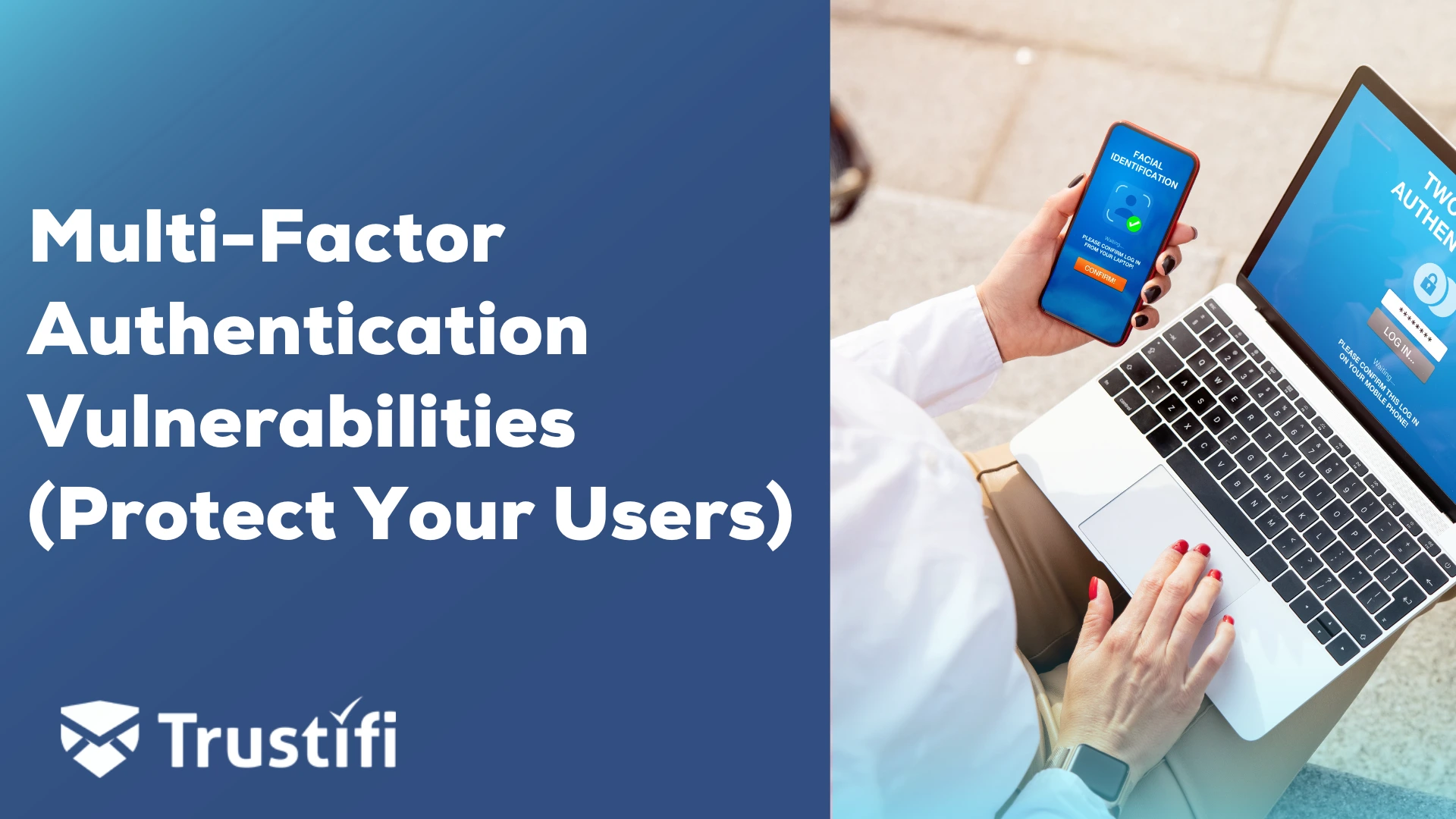Understanding common tax scams and learning how to combat them can provide you with peace of mind during tax season and help keep your sensitive information safe. Often the tax scam begins with an email, a phone call, a letter, or even a person showing up at your door. The scammer poses as a representative of the Internal Revenue Service and requests money urgently. These sophisticated, dangerous, and fraudulent scams are not limited to you, they happen all over the country. You have little protection from most of these attack vectors, but at least with email, automated safeguards are available. With Trustifi you can avoid email tax scams. Trustifi’s layers of security make it harder for a scam to find its way into your inbox.
The 6 Most Common Tax Scams
Phone Scam/Vishing/Smishing
Scammers perpetrate phone scams, including
vishing (voicemail phishing) and smishing (text message phishing), by impersonating an IRS employee screaming threats such as arrest, deportation, or license suspension until the victim pays a fictitious tax bill. Those who call claiming to be IRS agents are nothing but frauds. An IRS call or text does not come out of the blue without prior written notification to the user. In addition, a tax payer will never be asked to wire money or to provide bank account and credit card information. You should just ignore such calls and text messages.
Ransomware
Ransomware is becoming a digital nuisance for many computer users. In this case, the hacker targets a victim’s computer, server, network, or any combination thereof. Through some unsuspecting act, the victim downloads the ransomware program, and it instantly begins tracking your cyber footprints . The nefarious software takes control of your computer or your data and blocks your access. You can only unlock your system once you pay the ransom demand.
Email Engineered to Steal Information
A phishing scam is an email attack in which the perpetrator manipulates a message to steal personal information from the recipient. Phishing is a common scam these days and one of the most effective ways to steal data through social engineering. The scammer sends the victim an email made up to look like it came from the IRS offering a refund or asking for a payment. It is best not to open such messages. Tax authorities don’t send emails asking for payment. These scam emails are the product of fraudulent practices to access your Social Security Number and other confidential information. Don’t give out financial information or credit card details online without double-checking the validity of the source of the request and the person or organization with whom you are communicating.
Falsely Inflating Refunds
Under the guise of a government official, fraudulent representatives of tax-authority agencies can file false information on your tax return in order to inflate your refund. Making victims believe they have a right to a refund, they build false hope and charge a handsome amount for that advice. If the scammer gets a hold of your Social Security Number, it is even possible for them to impersonate you and obtain the refund themselves. The fraudster may claim deductions, credits, or exemptions that you are not even entitled to. Moreover, they can even claim you have no taxable income by using fake income tax forms. If the fraudulent tax return gets to the IRS before you file your legitimate forms, the scammer can pocket a lot of cash and leave you holding the bag.
Fake Charities
Cybercriminals love to target taxpayers who want to donate to charities to reduce their tax liability. Following natural disasters, criminals often use fake charities to attract donations from people who are trying to make a difference.
Senior/Immigration Victims
Cybercriminals often attack senior citizens. Many seniors make easy targets because they are polite, have a trusting nature, and may have lost some of the mental acuity. Scammers also try to dupe immigrants because of their language barrier. The IRS has warned about these attacks and pointed out that they can be the most dangerous. The hackers may gain access to the victim’s confidential information, and the victim never suspects the damage being done to their identities and their finances.
How to Tackle Tax Scams?
File Early
Pay your taxes on time. The faster you get them done, the sooner you will receive any refunds. This practice will also make you less susceptible to scams. After you get your refunds, the criminals are helpless and cannot steal anything since the IRS is your wall of defense against them.
Make Your Passwords Strong
By cracking your password, the attackers can get into your email or phone, so it is essential that you make your password strong. Your password should contain both uppercase and lowercase letters, numbers, and special characters such as # and $. Cybercriminals are adept at breaking passwords that are easy to guess, like your birthday, a family member’s name, or the city you live in. The hackers are aware of simple patterns, like all 1s, 12345, abcde, and so forth. A strong password, on the other hand, is impossible to guess. The more letters, numbers, and special characters your strong password contains, the less likely it is to be compromised even by a brute-force attack that is programmed to try a million random combinations.
Another important tip. These days, computer users typically have many login accounts for everything from accessing their bank accounts to ordering a sandwich to checking out a book at the library. While it is convenient to use the same password for multiple accounts, it is a dangerous practice. Hackers often attack seemingly innocuous systems, like the library or the sandwich shop. Once they get a username and password, they will try to use it in financial institutions and government agencies. Don’t give them the keys to your kingdom by using the same password on all your login accounts.
Final Thoughts
Attackers can trick you in many ways, and posing as a member of the IRS is a favorite ploy. You must understand by what means they can threaten you and how you can avoid them. Trustifi offers an excellent solution to combat email tax scams. Trustifi is the
number one email security company. They protect your emails by adding an extra layer of security. Trustifi’s system is easy to integrate and requires no specialized skills to set up. Contact a Trustifi representative today to get the email security you need.


